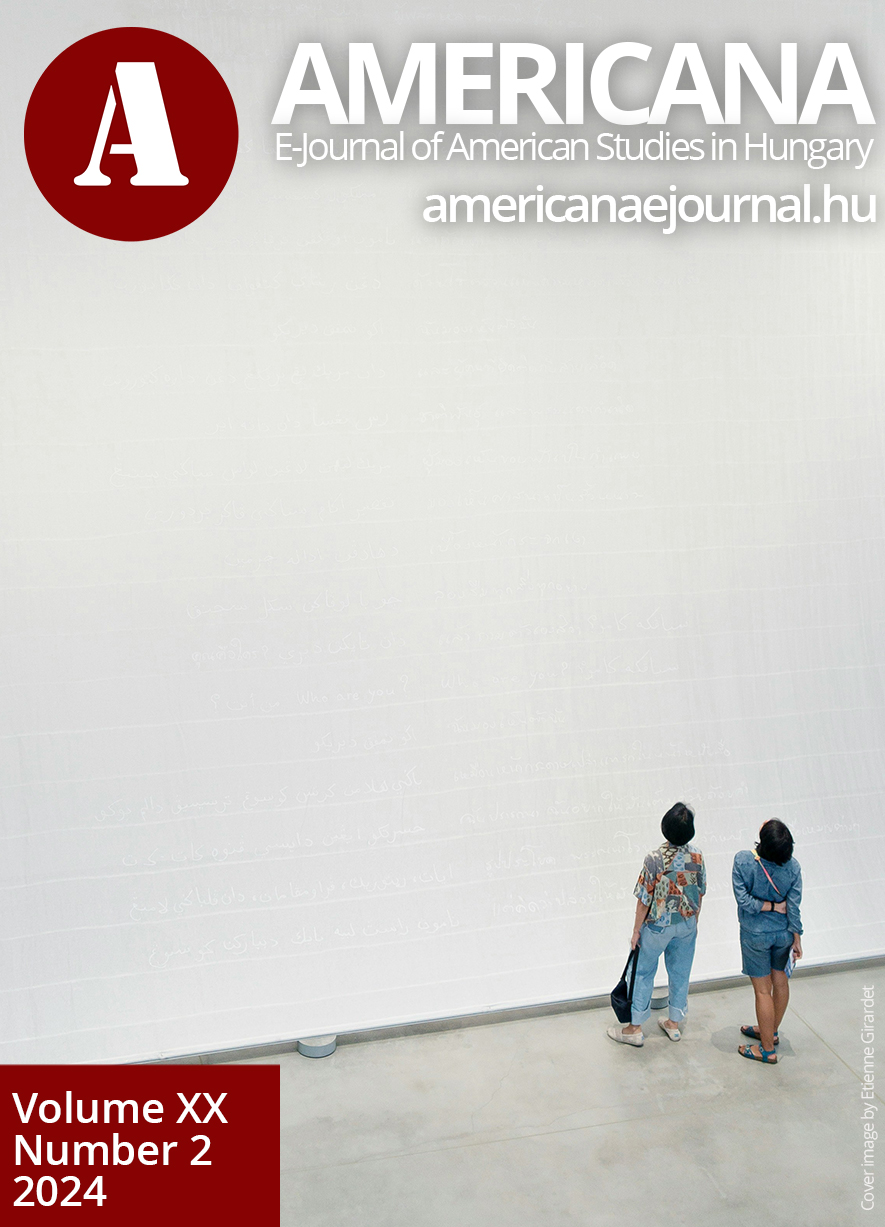Representing American Culture in Teaching English as a Global Language
Main Article Content
Abstract
This paper aims to show the relationship between culture and language. English is a global
language spoken all over the world occupying a status incomparable to other languages, and culture is
an integral part of ourselves, affecting all areas of our life in a profound way. Language, as the primary
tool of human communication, is not an exception. Besides offering learners linguistic knowledge and
potentially advanced language skills, it is inseparably interconnected with culture, whether it be through
literature, media, popular culture, sports, only to mention a few areas. Representing cultures in
education is inevitable in general, and in language teaching in particular. Integrating American culture
in teaching English is vital for a number of reasons. It helps students understand cultural norms and
social conventions, which can make their communication more effective and stimulating, promoting
motivation and involvement in real life-like settings in the target language. Today, the depiction of
cultural diversity, sensitivity, and awareness in education are probably more important than ever in
human history, making the language learning journey a more realistic adventure. A holistic approach of
incorporating cultural features into teaching practices may substantially promote a deeper level of
language education and contribute to more accomplished learners who possess insights into cultural
aspects beyond mastering English.
Downloads
Article Details

This work is licensed under a Creative Commons Attribution-NonCommercial 4.0 International License.

